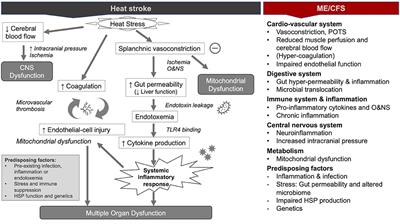EDITORIAL
Published on 19 Jan 2023
Editorial: Infectious and inflammatory mechanistic underpinnings of CFS/ME
doi 10.3389/fneur.2023.1082473
- 1,051 views
9,856
Total downloads
60k
Total views and downloads
You will be redirected to our submission process.
EDITORIAL
Published on 19 Jan 2023
STUDY PROTOCOL
Published on 16 Sep 2022
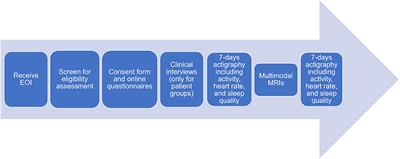
ORIGINAL RESEARCH
Published on 25 Jul 2022
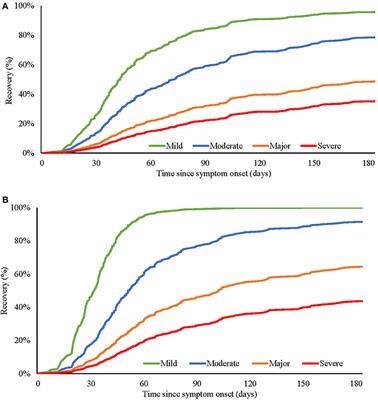
MINI REVIEW
Published on 27 Jun 2022
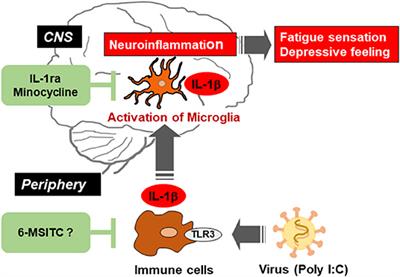
HYPOTHESIS AND THEORY
Published on 25 May 2022
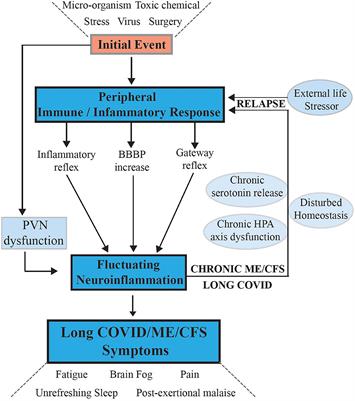
HYPOTHESIS AND THEORY
Published on 13 Dec 2021
